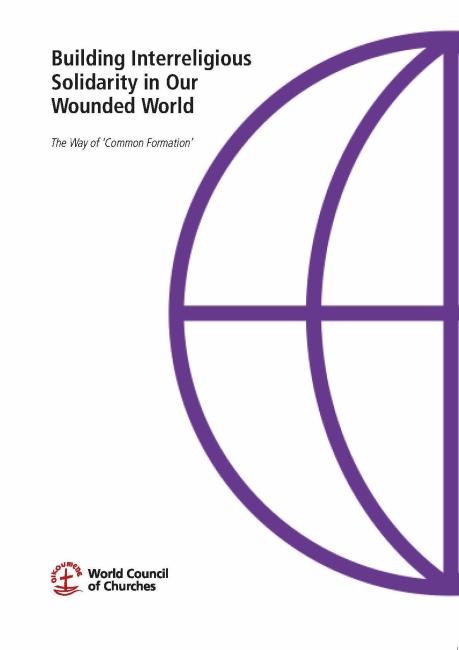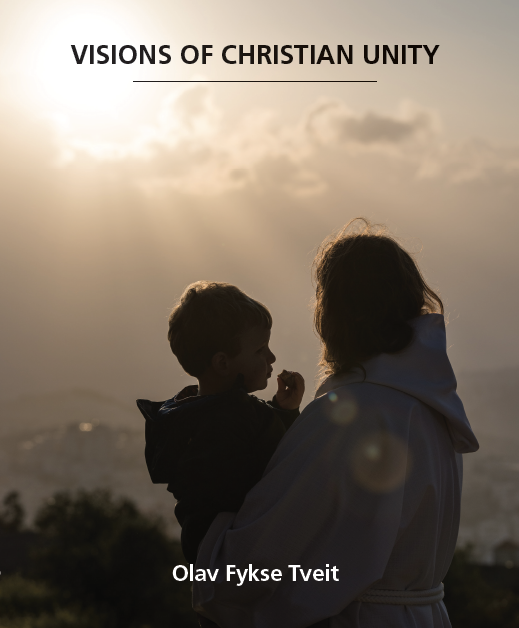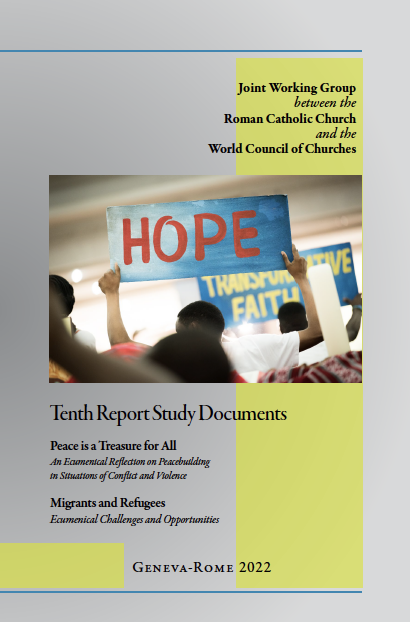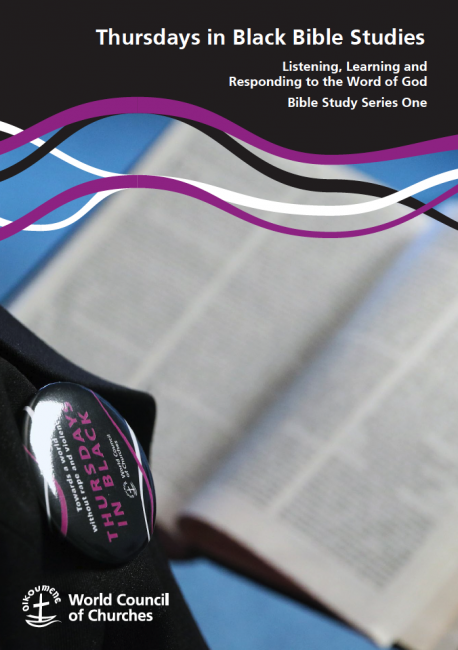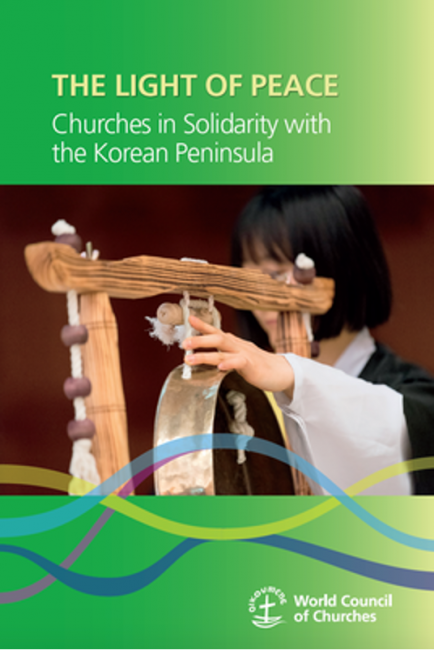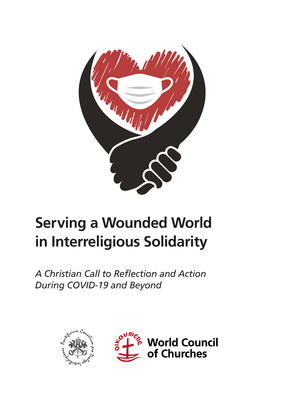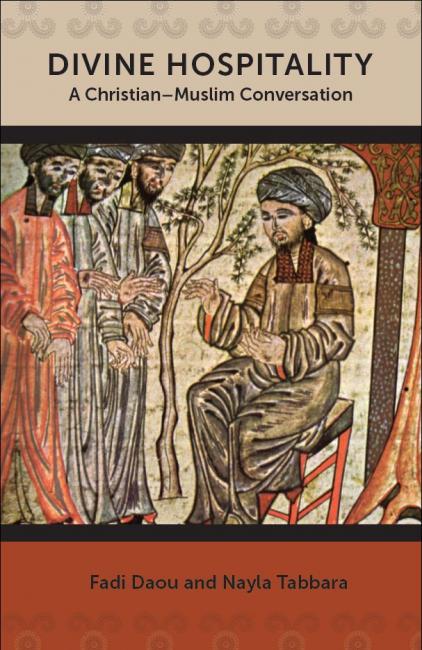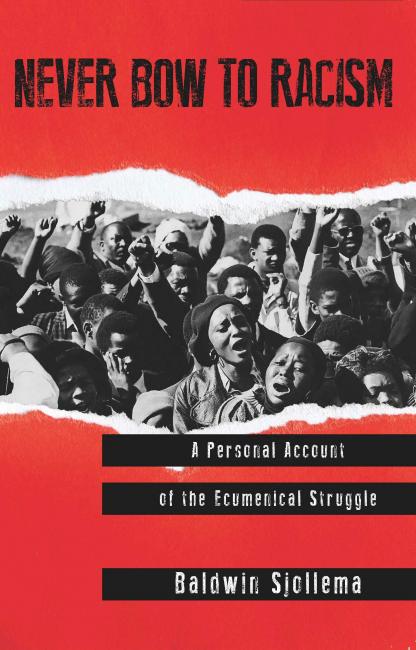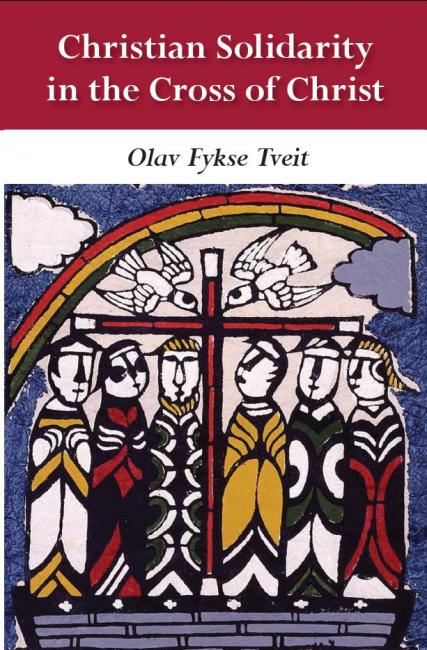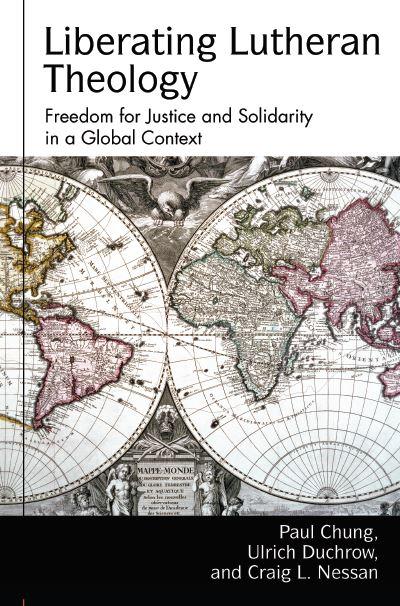Displaying 1 - 20 of 20
Recommended Practices to Combat HIV-Related Stigma
A Guidebook for Local Faith Communities
05 October 2023
Faith Sector Implementation of the Global AIDS Strategy
05 October 2023
Visions of Christian Unity
24 August 2022
Seek Peace and Pursue It: PJP Series 4
Reflections on the Pilgrimage of Justice and Peace in Europe
22 August 2022
Tenth Report Study Documents
19 August 2022
Called to Transformation - Ecumenical Diakonia
09 June 2022
Thursdays in Black Bible Studies Series 1
Listening, Learning and Responding to the Word of God
21 October 2021
Serving a Wounded World in Interreligious Solidarity
A Christian Call to Reflection and Action During COVID-19 and Beyond
25 October 2020
Walking Together
Theological Reflections on the Ecumenical Pilgrimage of Justice and Peace
28 May 2018
Never Bow to Racism
01 May 2015
Christian Solidarity in the Cross of Christ
15 April 2012




